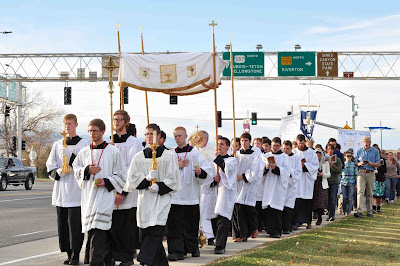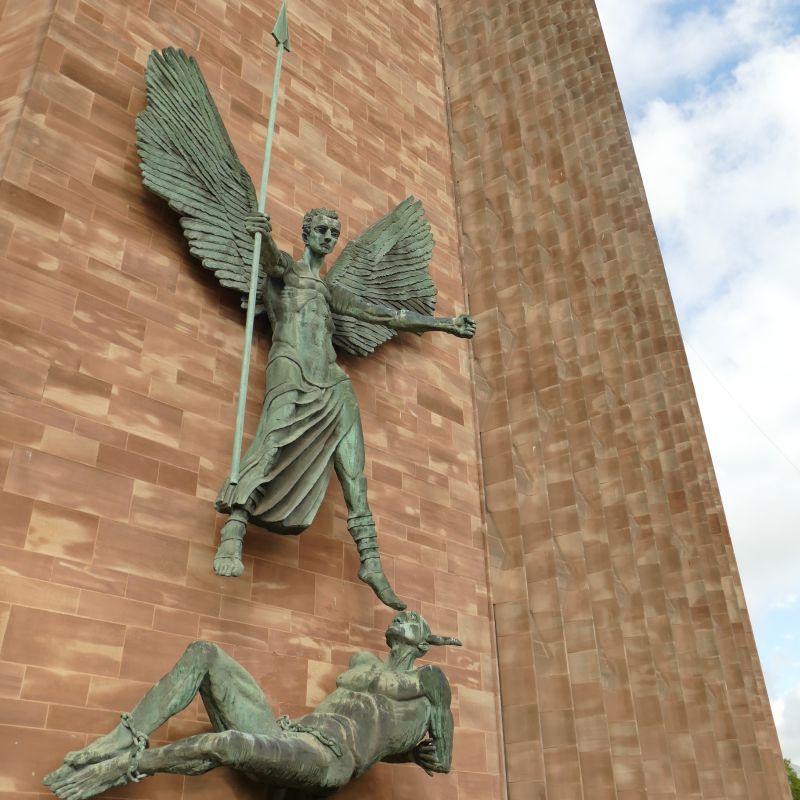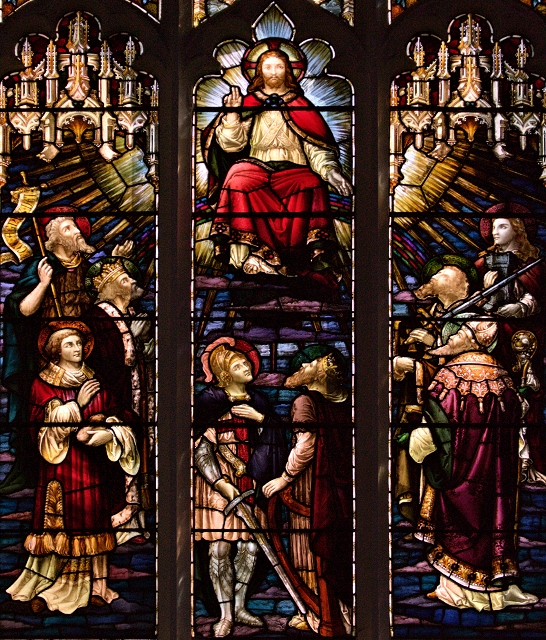Today’s hymn for All Saints Day from Sing Praise is ‘Rejoice in God’s saints’ by Fred Pratt Green. The suggested tune is a 17th century metrical psalm setting (‘Old 104th’) but the tune John wrote to it had a similar feel.
The overall message in the lyrics is similar to that discussed yesterday: the saints come in various guises. There are people we consider especially holy, both the activists and the contemplative (who ‘march with events to turn them God’s way, (or) need to withdraw, the better to pray’). There are exceptionally heroic individuals who ‘carry the gospel through fire and flood’. And also the ordinary Christians who show their sanctity in quiet service of others (‘unpraised and unknown, who bear someone’s cross or shoulder their own’).
The line that stands out in the first verse, repeated in the last, is ‘A world without saints forgets how to praise’. Perhaps that is intended to mean that the true praise of God is inspired by the actions of those who demonstrate what loving God and neighbour really looks like.


